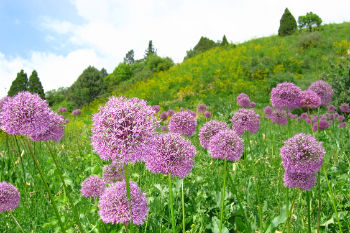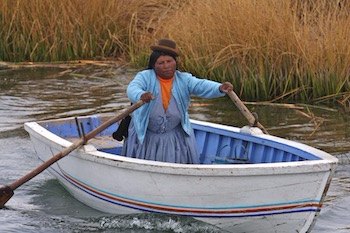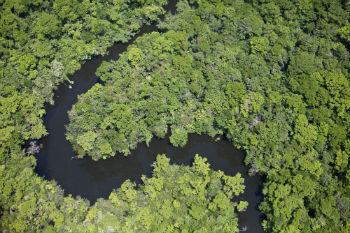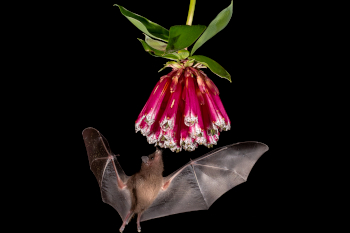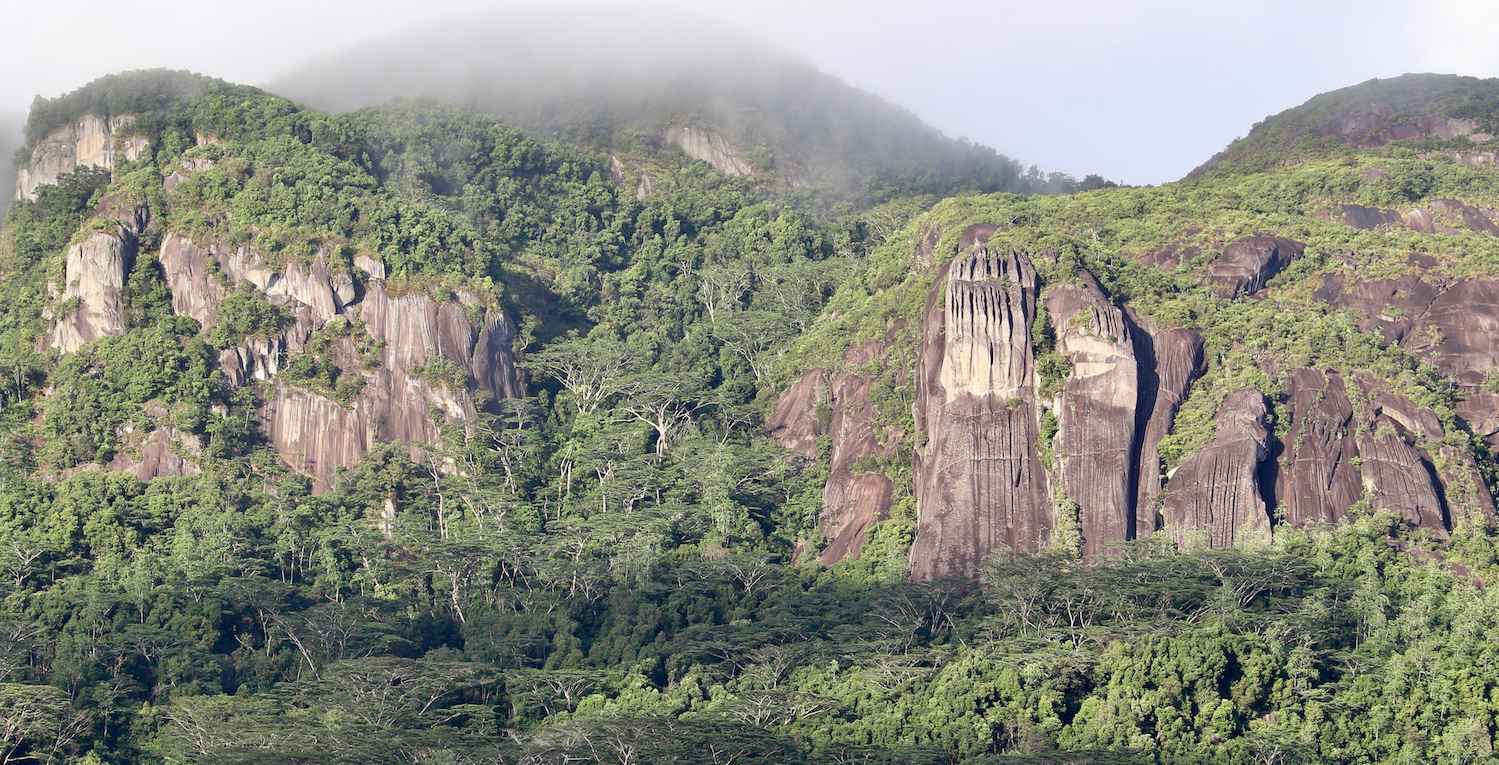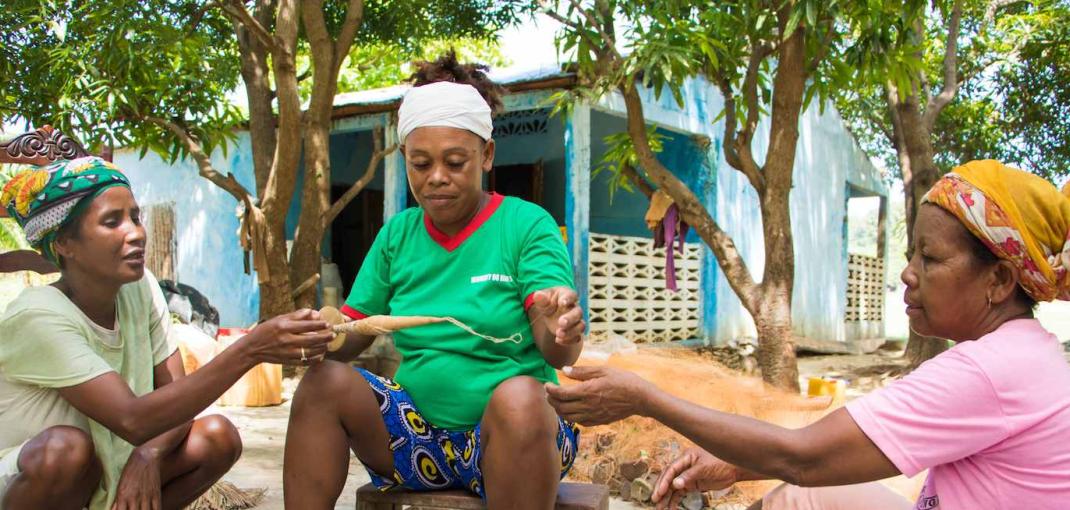Main menu
CEPF is a joint initiative of l’Agence Française de Développement, Conservation International, the European Union, Fondation Hans Wilsdorf, the Global Environment Facility, the Government of Japan and the World Bank.
Visitez le site français コア情報の日本語翻訳を読むOr use Google Translate to translate the English site to your language:
GTranslate
Us$38 Million Indian Ocean Islands Project Supported By Green Climate Fund
Building community climate resilience will be the focus
19 April 2021
19 April 2021
L’Agence Française de Développement (AFD) and Conservation International have signed an agreement for grant funds of US$38 million for a 10-year project funded by the Green Climate Fund (GCF) and focused on building resilience to climate change in the communities of the Indian Ocean Islands.
AFD—an Accredited Entity of the GCF—is managing the funds for the project, and the Critical Ecosystem Partnership Fund (CEPF) will implement the project on behalf of Conservation International.
“AFD considers this funding for the Indian Ocean Islands as the opportunity for CEPF to work on the positive connection between climate adaptation and biodiversity conservation,” said Tiphaine Leménager, AFD project manager for Agriculture, Rural Development, Biodiversity, Sustainable Development.
The ambitious project is focused on reducing the vulnerability of island populations in the Indian Ocean nations of Comoros, Madagascar, Mauritius and the Seychelles by securing the critical ecosystem services they need to be resilient to climate change. The funds will be awarded as grants to civil society organizations—nonprofit groups, communities, universities and the private sector—working on conservation and climate change adaptation and mitigation in the region. The project proposal was approved by the GCF Board in August 2020.
“Climate change is already making a significant impact on this region, contributing to drought, exacerbating hunger, and driving human migration that results in the destruction of biodiverse ecosystems at a time when communities need nature the most,” said Olivier Langrand, executive director of CEPF. “This funding will empower communities to conserve natural areas that provide fresh water, food and shelter from climate extremes.”
The nations benefiting from the project are all part of the Madagascar and the Indian Ocean Islands Biodiversity Hotspot, where CEPF is in the midst of a US$9.54 million conservation investment. The region is one of the world’s 36 biodiversity hotspots, Earth’s most biologically rich, yet threatened, terrestrial regions. Empowering civil society organizations to conserve the hotspots is CEPF’s mission.
Within the next few months, CEPF will take the first steps of the project, starting the process of developing an updated ecosystem profile for the Madagascar and the Indian Ocean Islands Biodiversity Hotspot. The profile, an analysis of the state of biodiversity and climate change in the hotspot that includes a conservation strategy, will guide grant-making.
